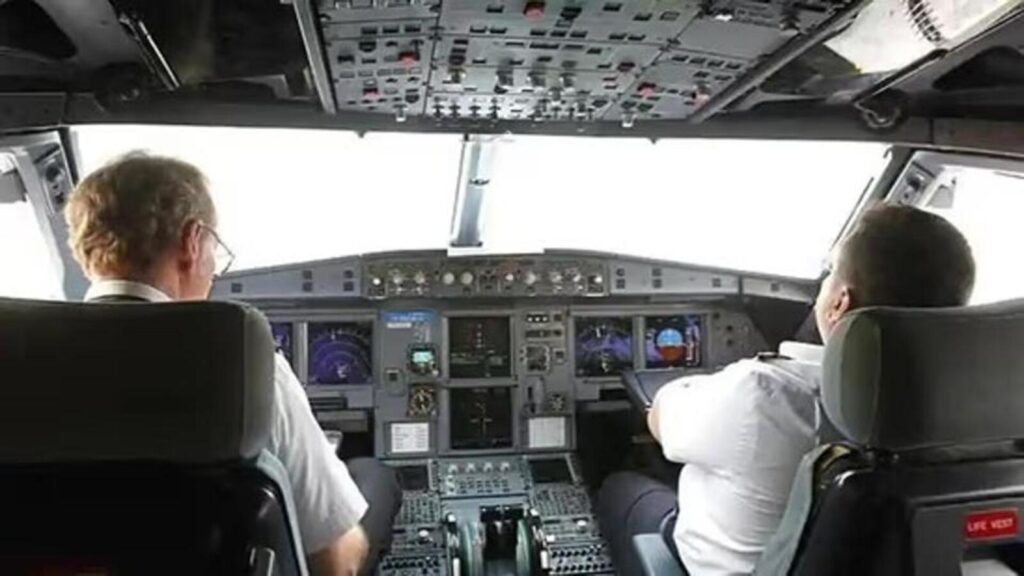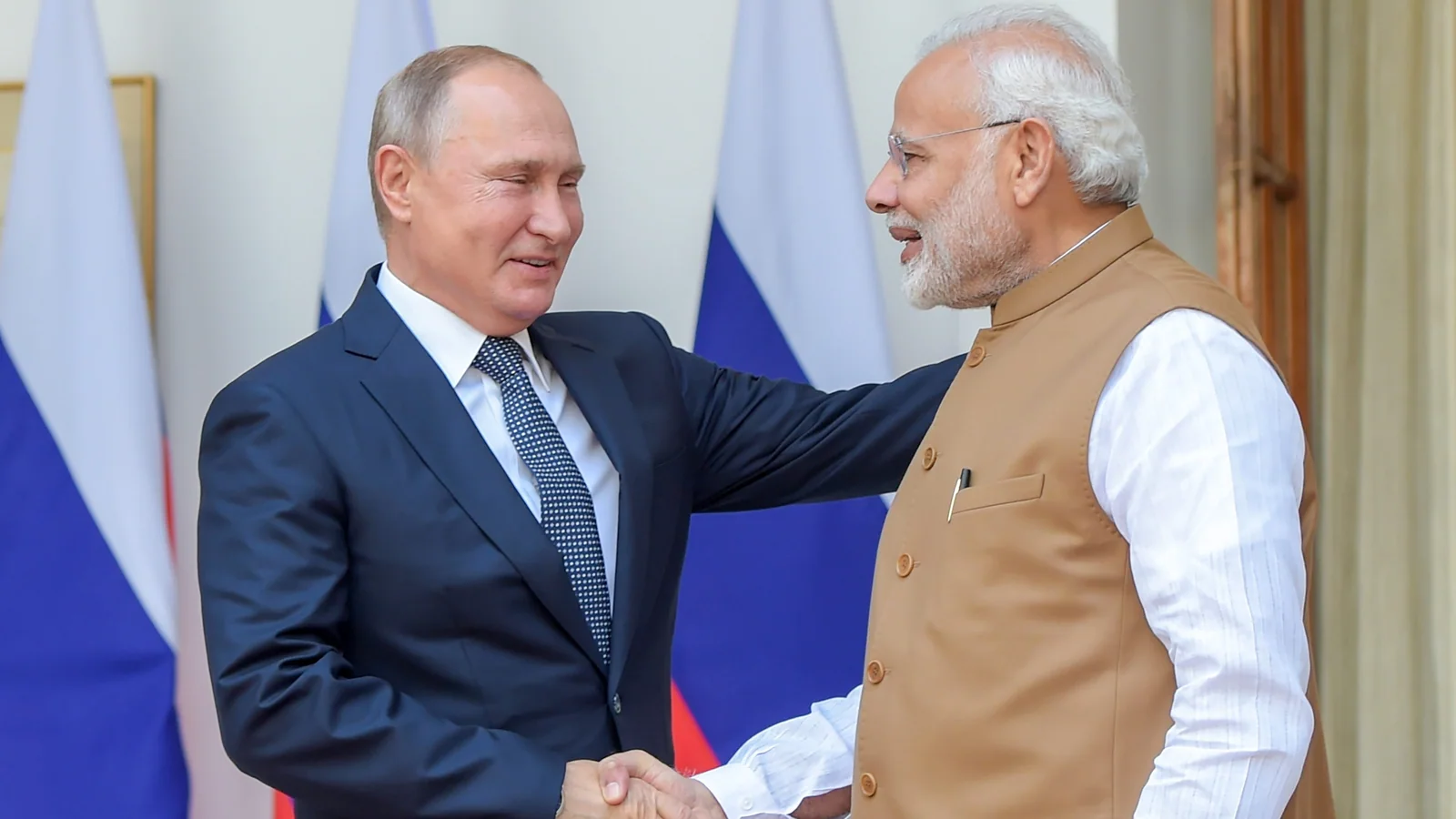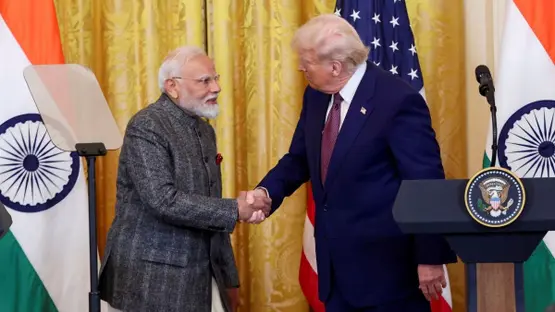Now Reading: ‘Even My Phone Felt Heavy’: Indian-Origin Astronaut Shubhanshu Shukla on Life After Space
-
01
‘Even My Phone Felt Heavy’: Indian-Origin Astronaut Shubhanshu Shukla on Life After Space
‘Even My Phone Felt Heavy’: Indian-Origin Astronaut Shubhanshu Shukla on Life After Space

After spending nearly two weeks aboard the International Space Station as part of the Axiom-4 mission, Indian-origin astronaut Shubhanshu Shukla is back on Earth—relearning gravity, re-adapting to weight, and rediscovering the everyday challenges we take for granted. From struggling to hold a phone to dropping his laptop due to its unexpected weight, Shukla’s return has offered a rare glimpse into what re-entry feels like from a human lens.
Readjusting to Earth Isn’t Instant
When Shubhanshu Shukla landed, it wasn’t just the body that had to adjust. The entire experience of moving, walking, and handling objects felt unfamiliar. In microgravity, everyday actions become effortless—objects float, limbs glide. But once back, gravity hits hard, and simple tasks like lifting a phone can feel tiring. Shukla candidly admitted that his arm hurt after a call, and his body needed time to recalibrate.
Behind the Scenes of a Historic Journey
Shukla, a part of the four-member Axiom-4 crew, made headlines as one of the few Indian-origin space travellers to reach the ISS. The mission wasn’t just a technical achievement; it symbolised the rising global presence of Indian minds in space science. His participation added yet another chapter to India’s growing footprint in international space efforts, which resonates strongly with students and professionals from Tier 2 cities who see space science as a growing frontier.
Mental and Physical Challenges Post-Space
The aftereffects of space travel aren’t just physical. Astronauts often experience changes in sleep cycles, mood, and spatial orientation. Shukla spoke of needing rest to stabilise his senses and a full health check-up to monitor long-term effects. These realities often remain behind the scenes, but they’re an essential part of understanding human spaceflight.
Inspiration for Aspiring Indians
Shukla’s story holds a special weight for young Indians, especially in smaller cities and towns where the dream of becoming an astronaut may still feel far-fetched. His background and experience prove that space isn’t just for those born in metro cities or wealthy nations. His honesty about the struggles of returning also brings a refreshing human angle to the high-gloss narrative of space travel.
Conclusion
From space labs to smartphones feeling like dumbbells, Shubhanshu Shukla’s journey reminds us that space is not just about rockets and orbits—it’s about the humans who go up and come back. His experience bridges science and reality, reminding us that for every minute spent floating in zero gravity, there’s a moment of struggle back on solid ground. And that’s where the real story begins.

























